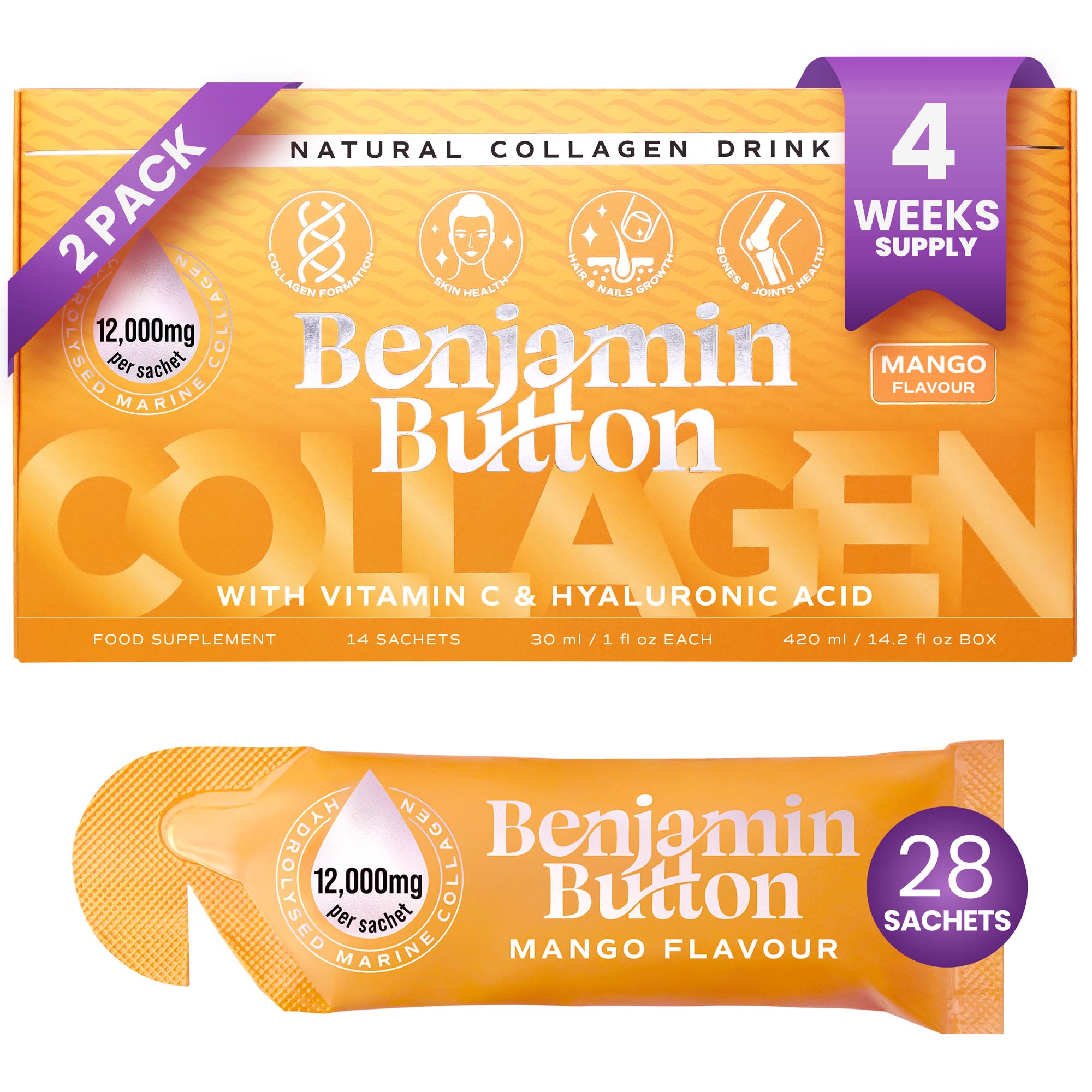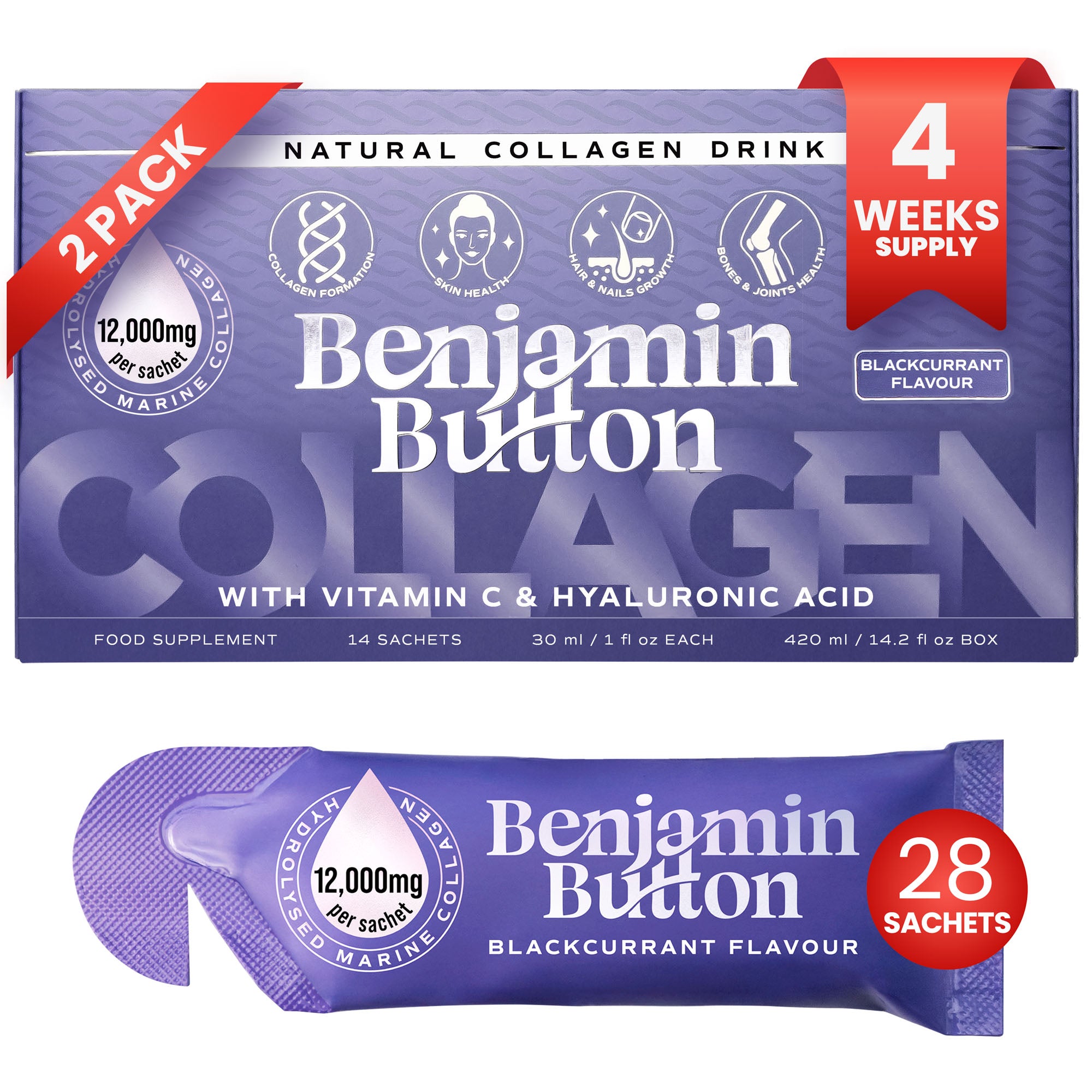Understanding Alcohol-Related Dementia: Symptoms, Causes, and Treatments
Alcohol-related dementia (ARD) is a serious condition that manifests due to the long-term and excessive consumption of alcohol. It is crucial to understand the symptoms, causes, and various treatment options available for those affected.Symptoms of Alcohol-Related Dementia
The symptoms of alcohol-related dementia can often be confusing, as they may resemble those of other types of dementia. It is important to identify these symptoms early to pursue appropriate treatment. Common signs include:- Memory Loss: Difficulty recalling recent events and information.
- Disorientation: Confusion about time, place, or identity.
- Difficulty in Problem-Solving: Challenges in planning, organizing, and following through on tasks.
- Changes in Mood: Increased irritability, depression, or anxiety.
- Impaired Communication: Struggling to find the right words or follow conversations.
- Loss of Interest: Withdrawal from social activities that were once enjoyable.
Causes of Alcohol-Related Dementia
Understanding the causes of alcohol-related dementia provides insight into how to mitigate risks. The primary factor is, of course, excessive alcohol consumption. However, there are additional elements contributing to ARD:- Chronic Alcohol Abuse: Sustained heavy drinking leads to brain damage over time.
- Malnutrition: Alcoholism often correlates with poor dietary habits, leading to vitamin deficiencies essential for brain health.
- Genetic Predisposition: Some individuals may have genetic factors that make them more susceptible to cognitive decline related to alcohol.
- Co-occurring Mental Health Disorders: Issues like depression or anxiety can exacerbate the effects of alcohol on the brain.
Diagnosis of Alcohol-Related Dementia
Diagnosing alcohol-related dementia can be challenging due to its overlap with other forms of dementia. A comprehensive evaluation typically includes:- Medical History: Assessing current and previous alcohol use.
- Cognitive Testing: Standardised tests to evaluate memory, problem-solving, and communication skills.
- Neurological Examination: Checks on strength, coordination, and reflexes to rule out other conditions.
- Brain Imaging: MRI or CT scans to observe any structural damage to the brain.
Treatments for Alcohol-Related Dementia
There isn't a one-size-fits-all solution for alcohol-related dementia, but there are various treatment options that can help manage symptoms and improve quality of life. These include:- Abstinence from Alcohol: The most effective way to prevent further cognitive decline is to stop drinking altogether.
- Nutritional Therapy: Providing a balanced diet and possibly vitamin supplements to address deficiencies.
- Behavioural Therapy: Helping individuals develop coping strategies and healthier habits.
- Medications: Some drugs can aid in managing symptom-related behaviours, like mood swings or anxiety.
- Support Groups: Peer support can be invaluable, whether through Alcoholics Anonymous or other community resources.
Prevention Strategies
Preventing alcohol-related dementia involves several proactive measures. These strategies can help safeguard your cognitive health:- Limiting Alcohol Consumption: Understanding what constitutes moderate drinking can be a vital first step.
- Balanced Diet: Prioritising nutrition that supports brain health can help avert cognitive decline.
- Engage in Mental Activities: Keeping the mind active through puzzles, reading, or learning new skills.
- Regular Physical Activity: Exercise has been proven to enhance cognitive function and improve overall health.
- Seeking Support: Regular check-ins with healthcare providers for mental health and substance use evaluations.





















